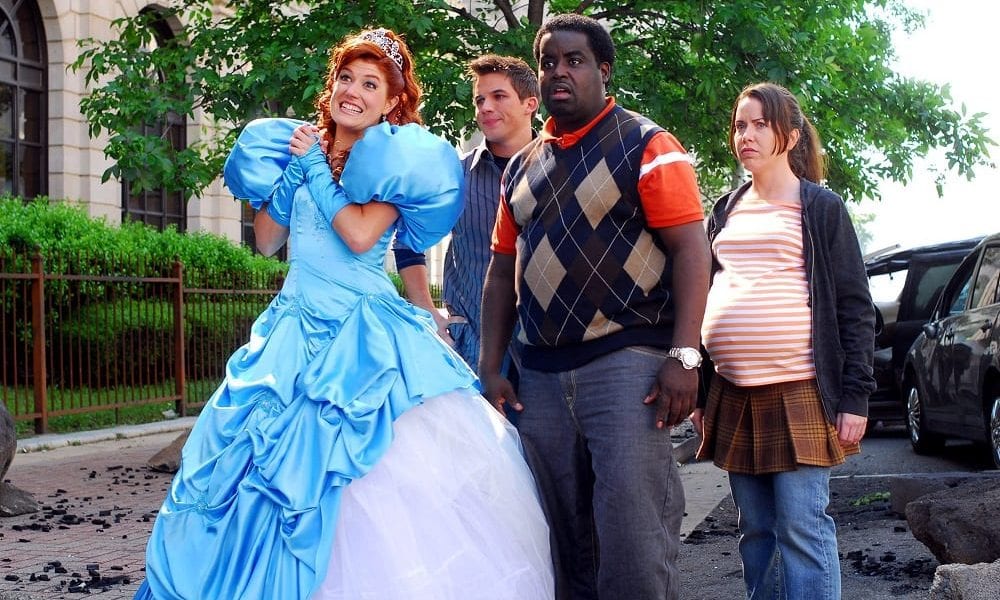Have you ever thought of the reason for your future death? This is something not always talked about because a lot of people even fear the concept, let alone imagining the cause of their demise. Some people die by accident, others by hereditary diseases, while some with their eating choices and lifestyle. On the other hand, there are a lot of people who try their best to be active, practice healthy eating, and avoid food that are touted as notorious reasons for illnesses.
Closer Look on the Impact of Fried Food
A recent study published in the journal “The BMJ” sheds light on the impact of food on our health, specifically how it can be a big factor in our death. The research points out that fried food can be a major reason for the demise of people – wait, this isn’t a piece of new information. It was already established that this type of food is not good for the health in general, but the recent findings explain how it exactly affects our health in the long run and pinpoints which types of food are the worst.

Fried food may look and taste yummy, but previous studies have linked them to various illnesses
Admit it, fried food is tastier, and perhaps even more exciting to eat than boiled, healthier ones. This is even though most people know that this type of food has a lot of adverse effects on our bodies: the more obvious one manifests on our weight, and the more we are above the normal body mass index, the higher our risk of developing life-threatening illnesses such as diabetes and hypertension.
As for the study, the researchers studied close to 107,000 women from the United States for about 20 years. Specifically, the age range was 50 to 79, all of whom were part of the Women’s Health Initiative study. They answered a questionnaire back in the 1990s about their eating habits, like how frequently they eat fried food such as chicken, fries, fish, and others. Researchers then tracked the participants till February 2017 and found that by then, more than 31,500 had passed away – out of this number, over 8,300 were because of heart problems.
Fried Chicken, Fried Fish
They found that those who consumed at least a serving of fried food per day had an 8 percent chance of dying earlier than those who reported they didn’t eat, and that’s not all, they also had the same increased percentage risk of dying from cardiovascular disease. Meanwhile, as for specifications, munching on fried chicken every single day is linked to 13 percent higher risk compared to those who didn’t consume the food. Those who also ate fried chicken daily had a 12 percent increased chance of dying from heart-linked problems. Participants who ate fried fish every day, meanwhile, only had a 7 percent higher chance of death.

Consuming fried chicken daily is bad for your health, a study warns
Contrary to other studies, recent research found no proof that fried food can indeed cause cancer. What the researchers did find was that those who ate more fried food were more likely less educated, have a lower income, and young. In terms of their lifestyle, they were more likely to be smokers, exercise less, and in general, have an unhealthy diet.
According to the University of Iowa College of Public Health’s associate professor of epidemiology and co-author of the research Dr. Wei Bao, the strength by which fried chicken and fish were associated with death as compared to other food like tortilla chips, French fries, and other snacks may have stemmed from two things: people eat more fried chicken and fish and in the preparation of food. The expert explained that many restaurants reuse cooking oil and that meat is more likely to be deep-fried than the other snacks.

The intensity of the death risk is associated with the preparation of food
Probably Applicable to Others as Well
Bao highlighted that this was the first study of its kind where they looked at how specific fried food affects the risk of mortality except for one done in Spain in 2012 – however, this didn’t find any link between higher death risk and fried food. This was probably because the Spanish prefer home-cooked meals rather than take-outs and that they opt for healthier types of oil such as olive oil, the doctor further explained.
There are still some loopholes in the study because it’s an observational study, this means that the result cannot be used to generalize for other age demographics. However, Bao said that they don’t see why the same association won’t be the same for younger people and men, too.








